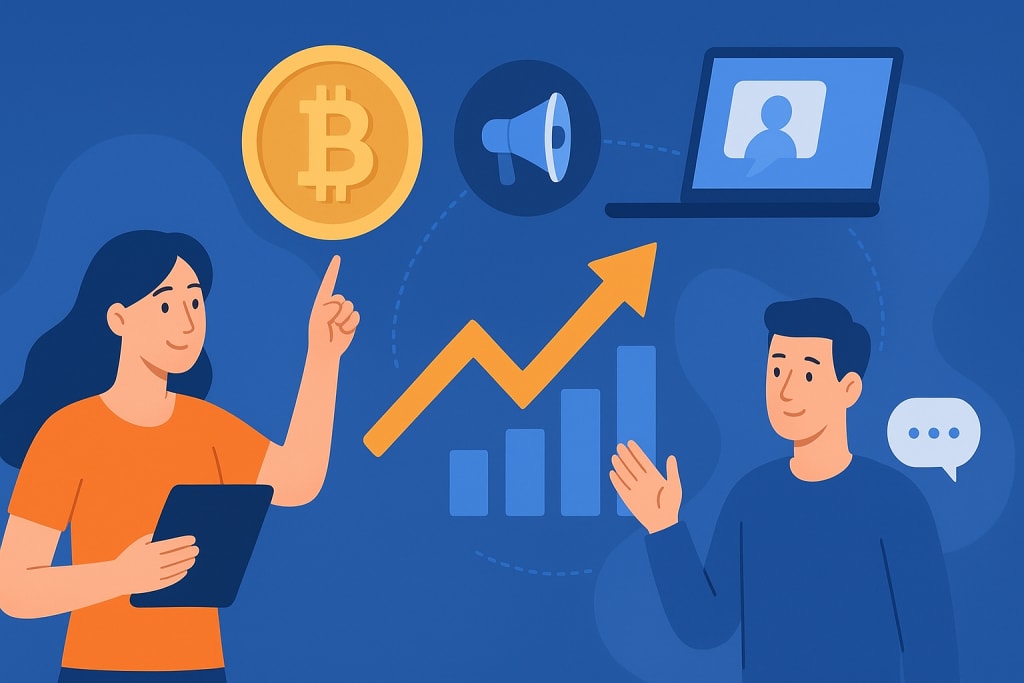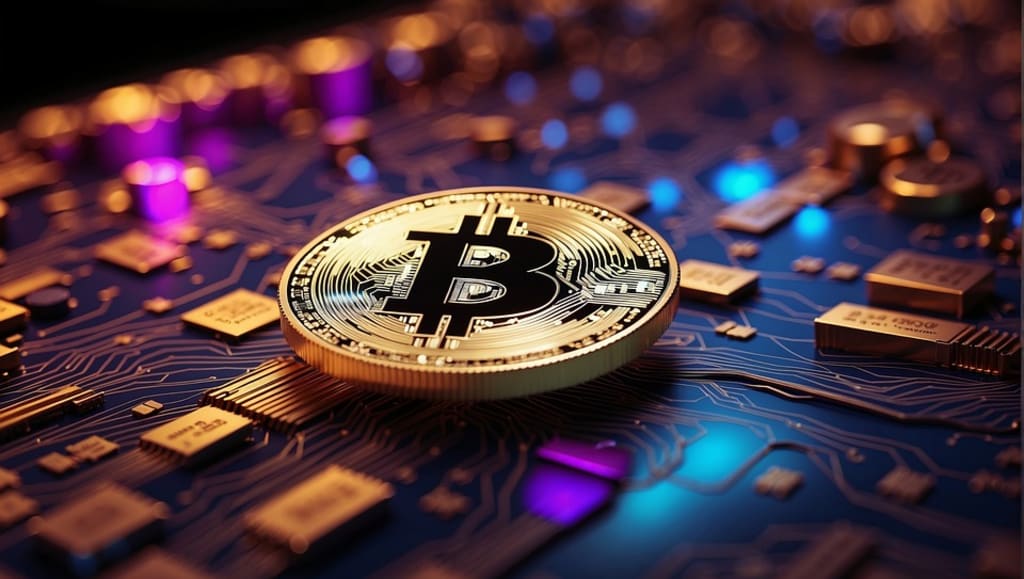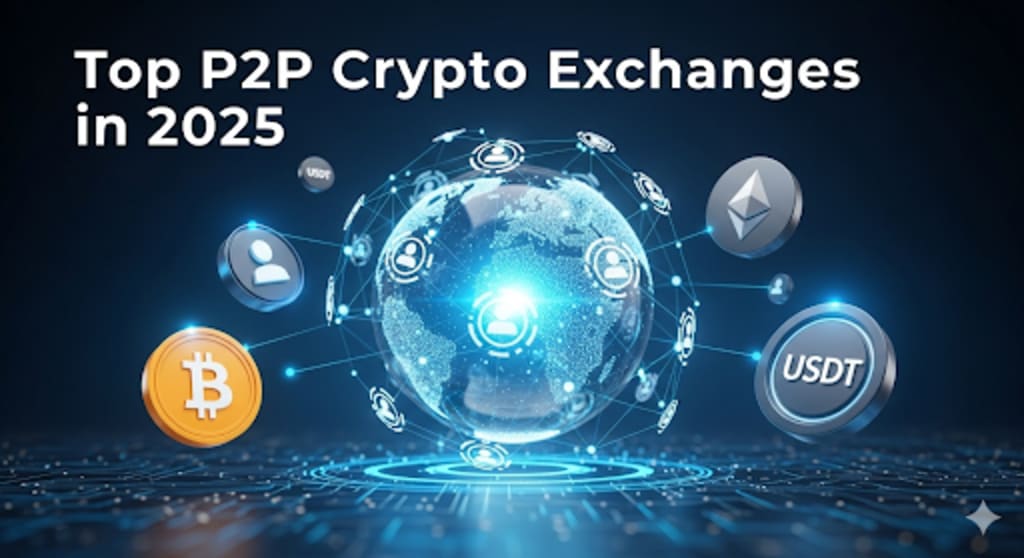Building AI Agents on Blockchain: Exploring the Next Tech Revolution
Exploring how blockchain is revolutionizing identity management, public records, and digital governance in 2025.

Introduction
Artificial Intelligence (AI) is transforming the way we live, work, and make decisions. Blockchain, on the other hand, is redefining trust, transparency, and data ownership. When these two powerful technologies converge, they create something extraordinary — AI agents built on blockchain.
In 2025 and beyond, the combination of AI agents and blockchain technology is expected to lead the next major tech revolution. This fusion allows for secure, autonomous systems that can make decisions, learn, and transact without human intervention — all while maintaining transparency and privacy.
Understanding AI Agents on Blockchain
What Are AI Agents?
AI agents are autonomous software programs capable of performing tasks intelligently — such as analyzing data, making predictions, or interacting with users — without direct human control. Examples include chatbots, personal assistants, autonomous trading bots, and decision-making systems.
What Happens When You Put AI on Blockchain?
When AI agents operate on blockchain, they become decentralized and transparent. This means:
- No single entity controls them.
- They can securely access and share verified data.
- They can execute smart contracts automatically.
- Their actions are recorded on immutable ledgers for accountability.
Essentially, AI agents become trustless digital entities — able to operate in ecosystems like finance, healthcare, logistics, and governance.
How AI Agents Operate on Blockchain
AI agents on blockchain combine three key layers of technology:
a. Blockchain Layer
This acts as the trust foundation — storing immutable records of data, transactions, and agent interactions.
b. AI Layer
This layer gives agents intelligence — enabling them to analyze data, learn patterns, and make autonomous decisions.
c. Smart Contract Layer
Smart contracts automate agreements and ensure that AI agents act according to predefined rules.
Example:
A decentralized AI agent can manage energy distribution in a smart grid — autonomously buying and selling power between users via smart contracts on the blockchain.
Benefits of Building AI Agents on Blockchain
The blockchain-AI combination creates revolutionary advantages:
- Transparency: Every action taken by an AI agent is logged on-chain.
- Security: Blockchain ensures data immutability, protecting against tampering.
- Data Ownership: Users control their own data, reducing privacy risks.
- Automation: Smart contracts eliminate intermediaries in decision-making.
- Interoperability: AI agents can collaborate across decentralized networks.
- Trustless Collaboration: Multiple AI systems can cooperate without central authority.
This synergy is paving the way for autonomous digital ecosystems that run themselves.
Real-World Applications of Blockchain-Based AI Agents
AI agents on blockchain are already shaping multiple industries:
1. Decentralized Finance (DeFi)
AI agents can monitor market trends, execute trades, and rebalance portfolios — all transparently recorded on blockchain.
2. Supply Chain
AI-powered agents verify product authenticity, track shipments, and predict disruptions while sharing verifiable data via blockchain.
3. Healthcare
Blockchain ensures patient data privacy while AI agents analyze medical data to suggest treatments and manage records securely.
4. Energy Management
Decentralized AI grids distribute renewable energy efficiently, with transactions verified on blockchain.
5. Smart Cities
AI agents manage traffic lights, waste collection, and energy consumption in real time — all auditable through blockchain systems.
Challenges of Building AI Agents on Blockchain
Despite the potential, combining AI and blockchain presents technical and ethical challenges.
a. Scalability:
Blockchain’s limited transaction speed can slow down AI processes.
b. Data Privacy:
Public blockchains may expose sensitive data unless privacy layers (like zk-SNARKs) are added.
c. Complexity:
Integrating AI models into smart contracts requires advanced expertise.
d. Cost:
Training and running AI agents on decentralized systems can be expensive due to high computing power needs.
e. Regulation:
Legal frameworks for autonomous agents are still evolving globally.
Addressing these issues will be key to realizing the full potential of AI on blockchain.
Case Studies: AI and Blockchain in Action
1. Fetch.ai
A decentralized AI network that allows autonomous agents to negotiate and transact — from ride-sharing to supply chain optimization.
2. SingularityNET
Founded by Dr. Ben Goertzel, this platform allows developers to create, share, and monetize AI services using blockchain. It’s one of the pioneers of decentralized AI marketplaces.
3. Ocean Protocol
Empowers data sharing through blockchain while allowing AI systems to learn from encrypted data without violating privacy.
4. DeepBrain Chain
A blockchain-based AI computing platform that lowers the cost of AI training through decentralized computing power.
Each of these examples demonstrates how AI and blockchain synergy is reshaping innovation and creating entirely new digital economies.
The Future: Autonomous Economies and AI-on-Chain
In the coming years, AI agents built on blockchain will lead to the rise of autonomous digital economies, where machines transact, negotiate, and make decisions independently.
Imagine:
- Self-managing companies (DAOs) run entirely by AI agents.
- AI-powered crypto wallets making investment decisions.
- Decentralized data markets where AI agents buy and sell insights securely.
- Cross-chain intelligence, where AI agents communicate across multiple blockchains.
This future is not far-fetched — it’s already unfolding in early experiments across Web3 ecosystems.
Industry Projection:
According to MarketsandMarkets, the AI-blockchain market is expected to grow from $700 million in 2024 to $10 billion by 2030, driven by automation and decentralized intelligence.
Building an AI Agent on Blockchain: A Step-by-Step Overview
If you’re a developer or organization exploring this field, here’s a simplified roadmap:
- Define the Use Case: Identify the problem AI can solve within a decentralized context.
- Select the Blockchain Platform: Ethereum, Solana, or Polygon for smart contracts; or Hyperledger for private use cases.
- Develop the AI Model: Train your model for predictive or decision-making tasks.
- Integrate Smart Contracts: Use Solidity or Rust to encode the logic of your AI agent.
- Deploy on Blockchain: Host your agent on a decentralized network.
- Add Oracles & APIs: Feed real-world data to your AI model.
- Enable Governance via DAO: Allow users to vote on updates and parameters.
- Monitor & Optimize: Track performance and make improvements over time.
This process bridges AI’s adaptability with blockchain’s trust — creating fully autonomous systems.
The Business Impact: Why Companies Are Investing in Blockchain-Based AI
Enterprises are beginning to realize that AI + blockchain = exponential value.
Business Advantages:
- Cost Reduction: Automation eliminates intermediaries.
- Increased Trust: Transparent decision-making enhances brand credibility.
- Faster Innovation: Shared data and open models accelerate R&D.
- Monetization: Companies can sell AI capabilities through tokenized ecosystems.
Example:
Pharmaceutical firms can collaborate via blockchain while keeping proprietary data secure — with AI agents analyzing collective results to accelerate drug discovery.
Ethical Considerations and Governance
As AI becomes more autonomous, governance and accountability are crucial. Blockchain provides a solution — immutable logs make every AI decision traceable.
However, questions remain:
- Who is responsible if an AI agent makes a bad decision?
- How can we ensure AI ethics when decision-making is decentralized?
- What legal status should autonomous agents have?
To address this, developers are designing AI governance frameworks that combine blockchain transparency with ethical AI standards.
13. Looking Ahead: The Next Tech Revolution
The merging of AI and blockchain represents the foundation of Web4 — the intelligent and autonomous internet.
Soon, we’ll see:
- AI-powered DAOs that self-run without human managers.
- Personal AI assistants that use blockchain identities to manage finances.
- Smart supply chains that predict and act without human input.
This revolution is creating a self-regulating, decentralized, and intelligent economy — and blockchain is the trust layer making it possible.
Frequently Asked Questions (FAQ)
1. What are blockchain-based AI agents?
They are autonomous programs that use AI for decision-making and blockchain for secure, transparent data storage and execution.
2. How are AI agents different from traditional bots?
Traditional bots rely on centralized servers, while blockchain-based AI agents operate independently with transparency and immutability.
3. Which industries will benefit most from AI on blockchain?
Finance, healthcare, logistics, and energy — any sector where automation, data security, and transparency are key.
4. Is building AI agents on blockchain expensive?
Initial costs can be high due to computing and data needs, but the long-term ROI and efficiency gains are substantial.
Conclusion
The fusion of AI and blockchain is not just another trend — it’s the next phase of technological evolution. By embedding intelligence into decentralized systems, we’re building a world where digital agents can act, learn, and evolve independently — securely and transparently.
As businesses explore autonomous systems, decentralized data markets, and smart governance, blockchain-based AI agents will be the foundation of a new era in digital transformation.
Are you ready to build your AI-powered future on the blockchain? The next tech revolution has already begun — and it’s intelligent, decentralized, and unstoppable.
What's Your Reaction?
 Like
0
Like
0
 Dislike
0
Dislike
0
 Love
1
Love
1
 Funny
0
Funny
0
 Angry
0
Angry
0
 Sad
0
Sad
0
 Wow
0
Wow
0





















